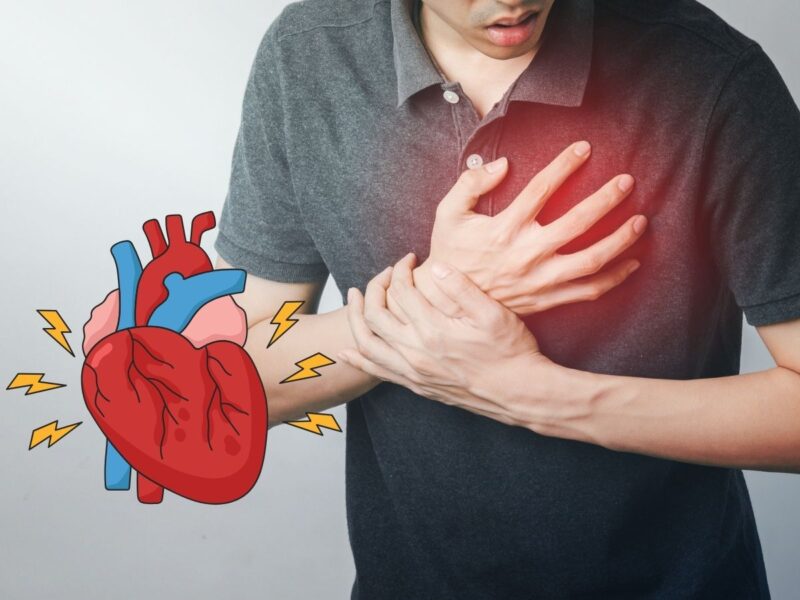New Delhi, September 12: Intense workouts can be an effective way to improve fitness and overall health. However, due to some of the recent Cardiac Arrest cases associated with gyms and workout, there are rising concerns that indulging in daily workout routine may increase the risk of heart problems, including heart attacks.
In today’s exclusive article, we shall explore the relationship between intense workouts and heart health, drawing insights from the expertise of a cardiologist.
The Benefits of Intense Workouts for Cardiac Arrest
Intense workouts, such as high-intensity interval training (HIIT), can offer numerous benefits for cardiovascular health, including:
Improved heart function: Regular intense workouts can strengthen the heart muscle and improve its efficiency.
Lowered blood pressure: Exercise can help reduce blood pressure, a key risk factor for heart disease.
Boosted metabolism: Intense workouts can help burn calories and boost metabolism, aiding in weight management.
Enhanced endurance: Regular high-intensity exercise can improve endurance and stamina.
The Risks of Overtraining Cardiac Arrest
While intense workouts can be beneficial, it’s important to strike a balance. Excessive or poorly planned workouts can lead to overtraining, which can have negative consequences for heart health. Signs of overtraining include:
1. Fatigue
2. Decreased performance
3. Sleep disturbances
4. Increased susceptibility to illness
5. Pain or soreness in muscles and joints
The Risk of Cardiac Arrest
In rare cases, intense workouts can trigger a heart attack, especially in individuals with underlying heart conditions. However, it’s important to note that most people who exercise regularly are at a lower risk of heart disease compared to those who are sedentary.
Factors That Increase the Risk of Cardiac Arrest During Exercise
Several factors can increase the risk of a heart attack during exercise, including:
Underlying heart conditions:
Individuals with pre-existing heart problems, such as coronary artery disease or hypertrophic cardiomyopathy, are at a higher risk.
Genetic predisposition:
Certain genetic factors can increase the risk of sudden cardiac death during exercise.
Age and gender:
Older individuals and males are generally at a higher risk of exercise-related cardiac events.
Intensity and duration of exercise:
High-intensity exercise or prolonged workouts can strain the heart.
Dehydration:
Inadequate hydration can contribute to cardiovascular stress.
Substance abuse:
The use of substances like illicit drugs or excessive alcohol can increase the risk of heart problems.
How To Keep Your Heart Healthy: A Cardiologist’s Advice
To minimize the risk of heart problems while engaging in intense workouts, a cardiologist recommends:
Consult a doctor: Before starting a new exercise regimen, especially if you have any underlying health conditions, consult with a healthcare professional.
Listen to your body: Pay attention to your body’s signals and avoid overexerting yourself.
Gradually increase intensity: Gradually increase the intensity and duration of your workouts to allow your body to adapt.
Rest and recovery: Ensure adequate rest and recovery periods between workouts.
Stay hydrated: Drink plenty of fluids before, during, and after exercise.
Manage underlying health conditions: If you have any pre-existing heart conditions, work with your doctor to manage them effectively.
Know the signs of a heart attack: Be aware of the symptoms of a heart attack and seek immediate medical attention if you experience them.
Read Also – New ICMR Report Highlights Growing Resistance in Bacteria to Antibiotics Critical for Human Health
Intense workouts can offer significant benefits for heart health when performed safely and appropriately. However, you need to be careful and must follow the guidelines provided by a healthcare professional and listening to your body, you can reduce the risk of heart problems and enjoy the positive effects of exercise.











